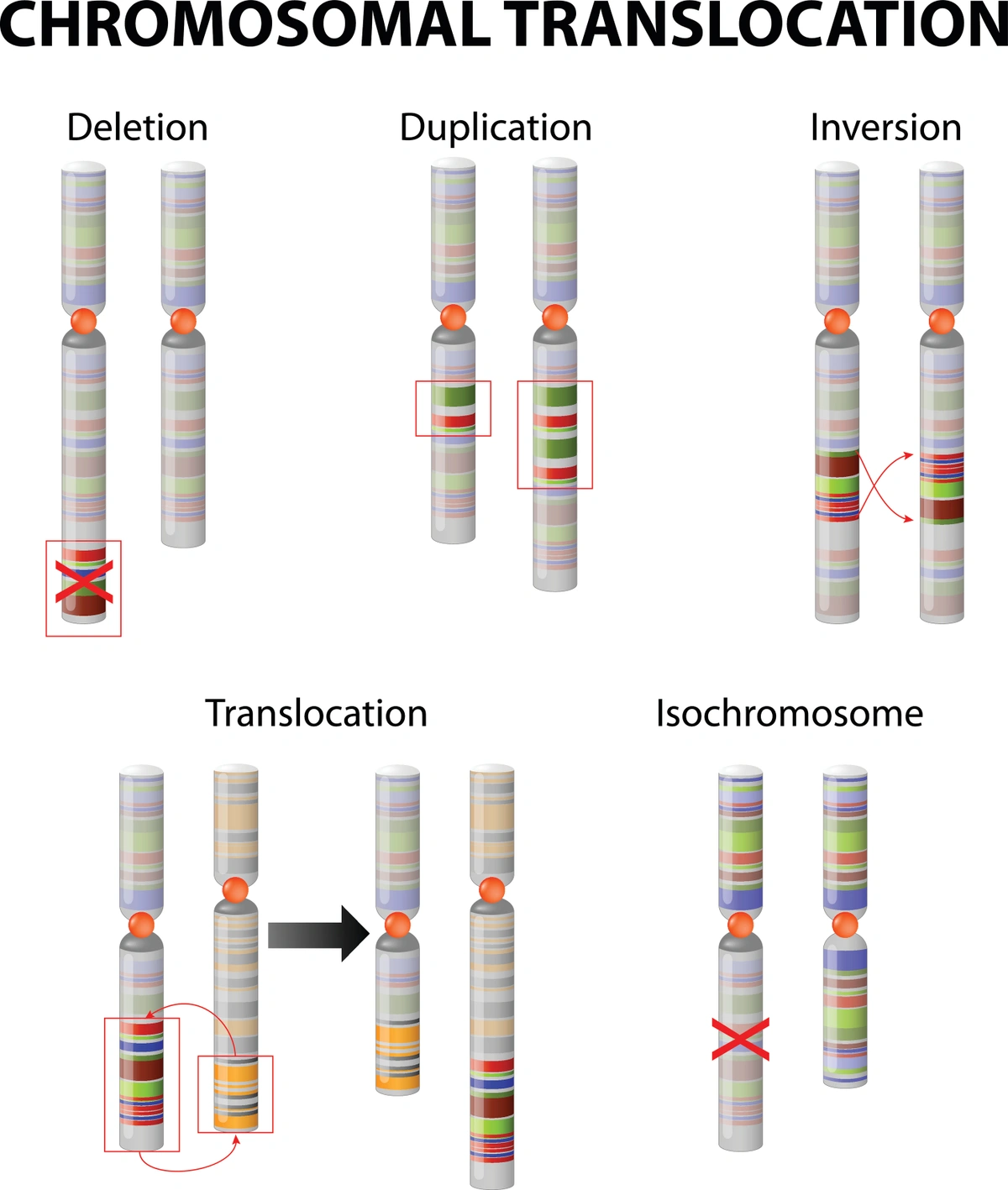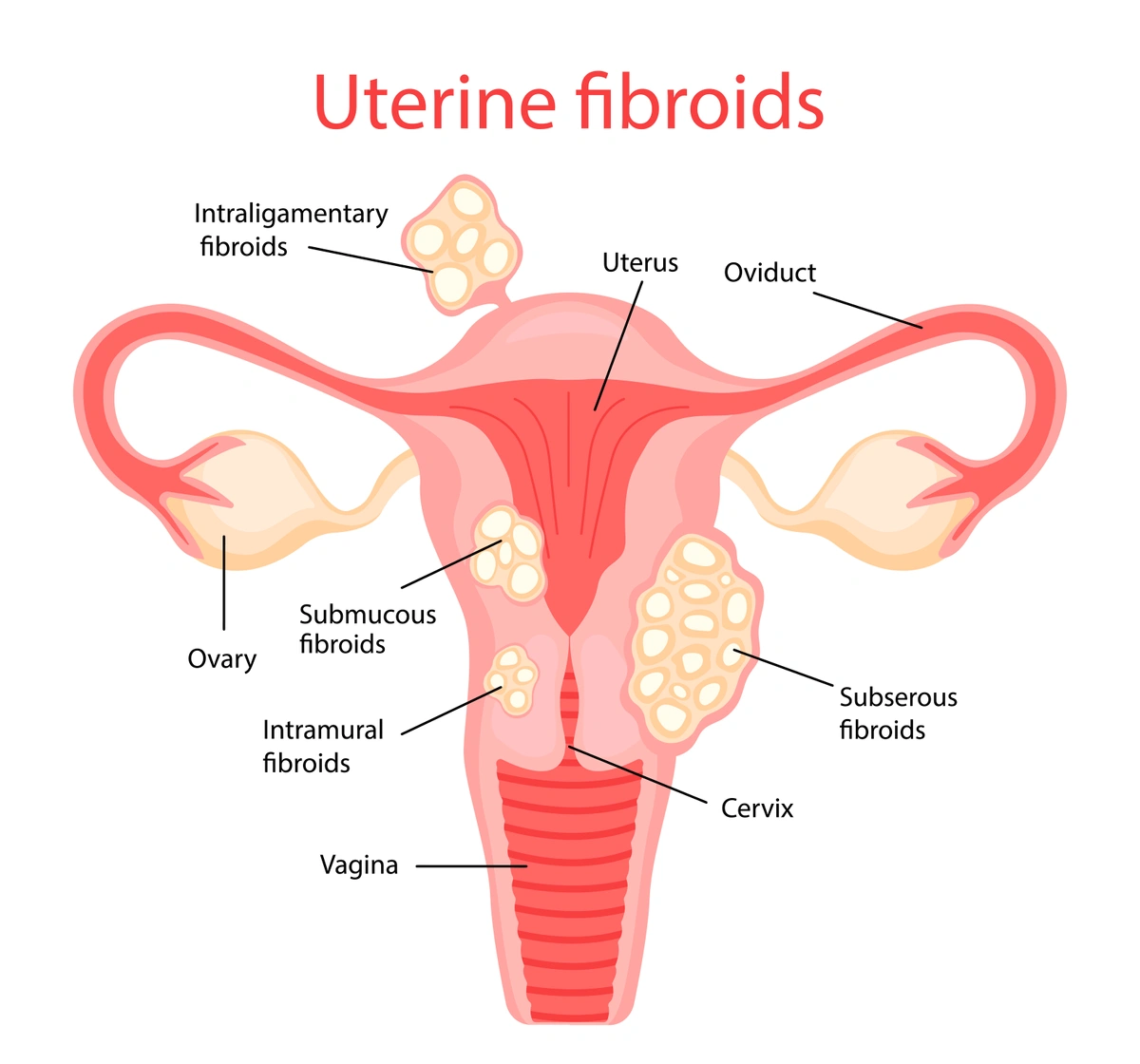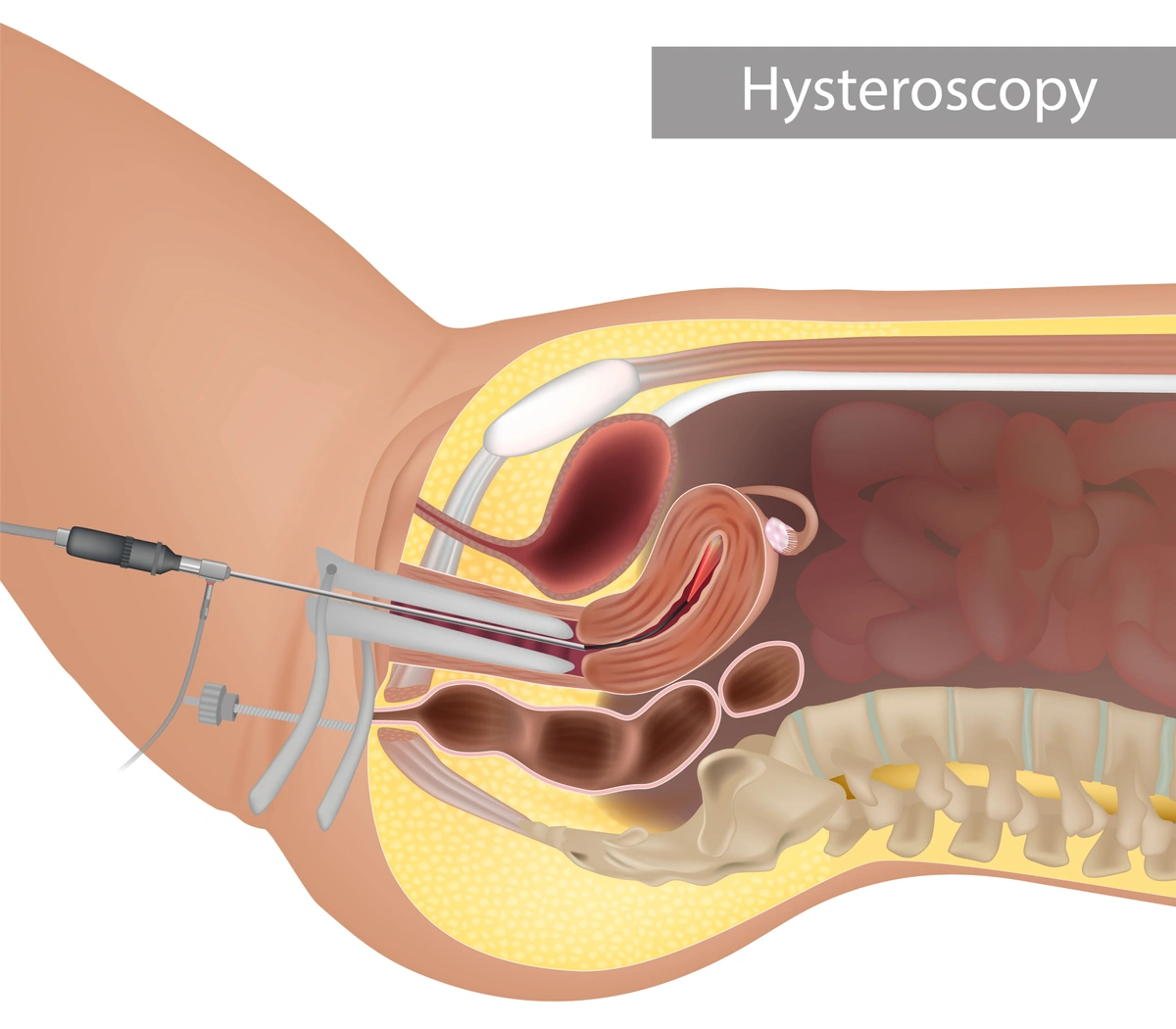
Understanding Recurrent Pregnancy Loss: Causes, Diagnosis, and Treatment
Experiencing a miscarriage can be heartbreaking, but when pregnancy loss happens repeatedly, it can be overwhelming and frustrating. Recurrent pregnancy loss (RPL) is typically defined as two or more consecutive miscarriages before 20 weeks of pregnancy. The American College of Obstetricians and Gynecologists (ACOG) estimates RPL affects approximately 1% of couples trying to conceive. Advances in reproductive medicine offer hope for identifying causes and improving outcomes for patients with RPL.
Common Causes of Recurrent Pregnancy Loss
Several factors may contribute to RPL, and determining the underlying cause is key to guiding treatment. Some of the most common causes include:
1. Genetic Abnormalities
-
Around 50-60% of early miscarriages are due to chromosomal abnormalities in the embryo, often caused by random errors during egg or sperm development.
-
In some cases, one partner may have a balanced translocation, where genetic material is rearranged, increasing the risk of miscarriage.
Illustration of chromosomal translocation types
2. Uterine Abnormalities
-
Structural issues such birth defects of the uterus, fibroids, or scarring can interfere with embryo implantation and growth.
-
Uterine abnormalities can often be diagnosed through imaging tests like ultrasound, hysterosalpingography (HSG), or hysteroscopy.
Illustration of uterine fibroids
3. Hormonal and Endocrine Disorders
-
Conditions such as obesity, thyroid dysfunction and uncontrolled diabetes can impact hormone levels and cause miscarriages.
-
Proper management of these conditions can improve pregnancy outcomes.
4. Autoimmune Disorders
-
Antiphospholipid syndrome (APS) is an immune system disorder that can cause blood clotting issues, leading to miscarriage.
-
Blood testing for APS and other immune-related factors can help determine appropriate treatment, such as blood thinners.
5. Male Factor Contributions
-
Sperm quality, including DNA fragmentation, can play a role in recurrent miscarriages.
-
Advanced semen analysis and lifestyle modifications may help address this issue.
6. Unexplained Causes
-
In some cases, no clear reason for RPL is found. However, treatment strategies are still available to improve the chances of a successful pregnancy.
How is Recurrent Pregnancy Loss Diagnosed?
If you’ve experienced multiple miscarriages, a fertility specialist can conduct a comprehensive evaluation, which may include:
-
Genetic testing, including preimplantation genetic testing (PGT) and blood tests for chromosomes
-
Ultrasound, MRI, hysterosalpingogram, or hysteroscopy to assess uterine structure
-
Hormonal and metabolic screening
-
Blood clotting tests for immune-related conditions
-
Advanced sperm analysis to check for DNA fragmentation
Illustration of hysteroscopy procedure
Treatment Options for Recurrent Pregnancy Loss
Once the underlying cause is identified, targeted treatments can significantly improve the chances of a successful pregnancy. Common approaches include:
-
Genetic counseling and preimplantation genetic testing (PGT) for those with chromosomal abnormalities
-
Surgical correction of uterine abnormalities
-
Hormonal therapy to support implantation and early pregnancy
-
Medications such as blood thinners for immune-related conditions
-
Lifestyle changes such as optimizing diet, reducing stress, and managing chronic conditions
Finding Hope After Recurrent Pregnancy Loss
Dealing with RPL can be an emotional journey, but with the right medical support, many couples go on to have successful pregnancies. If you’ve experienced recurrent miscarriage, seeking care from a fertility specialist can provide answers, treatment options, and renewed hope.
If you have questions or would like to explore your options, contact our fertility experts today!
Categories
About the AFCC Blog
Welcome to the Advanced Fertility Center of Chicago’s blog! Here, you will find information on the latest advancements in fertility care and treatments, including IVF, IUI, third-party reproduction, LGBTQ+ family building, preimplantation genetic testing, and more. Since 1997, we’ve used our experience and continuous investment in the latest fertility technology to help thousands of patients grow their families. Contact us today for more information or to schedule a new patient appointment.




